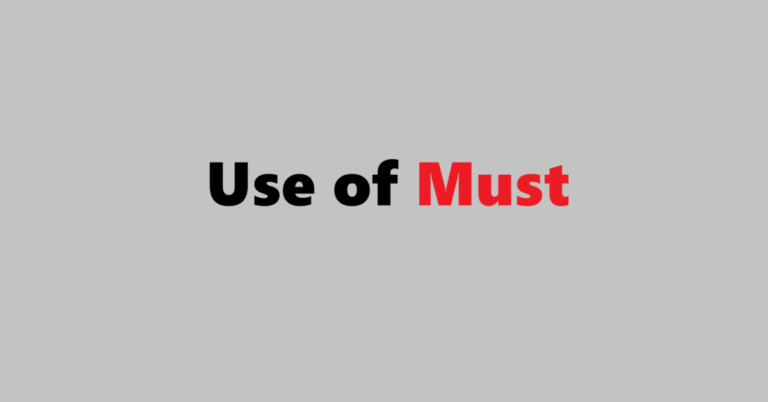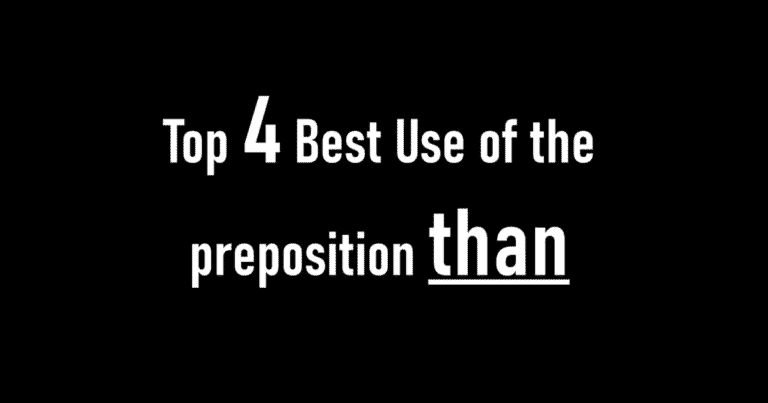Understanding the Use of the Modal Verb “Could”: A Comprehensive Guide
Modal verbs are auxiliary verbs that convey possibility, ability, necessity, and permission among other meanings. Among these, the modal verb “could” stands out due to its versatility and multiple applications. This blog post aims to delve deeply into the use of “could,” providing clarity on its functions, forms, and illustrative examples. Understanding ‘could’ can make a significant difference in scenarios such as polite requests, offering suggestions, or discussing potential outcomes, enhancing both casual and professional communication.
What is “Could”?
“Could” is the past tense form of “can,” and while it is often associated with the past, its uses extend far beyond that. For instance, it can imply potentiality as in “This could work,” or permission as in “Could I borrow this?” It is also used for requests, offers, abilities, and hypothetical situations. Understanding how “could” fits into these contexts can greatly enhance your communication skills.
Uses of “Could”
1. Expressing Past Ability
“Could” is frequently used to indicate the ability to do something in the past. It suggests that at a particular time in the past, the speaker was capable of performing an action. For example, “She could swim when she was five” shows past ability. In contrast, “was able to” is often used for specific achievements, such as in the sentence “He was able to finish the race despite the difficulties.”
Examples:
- As a child, I could climb trees easily.
- When I was younger, I could run five miles without getting tired.
2. Indicating Possibility
Apart from past abilities, “could” is utilized to talk about possibilities or situations that are likely to happen. It suggests that something is feasible but not guaranteed.
Examples:
- It could rain tomorrow, so take an umbrella just in case.
- If we leave now, we could reach the station on time.
3. Making Suggestions or Proposals
“Could” also serves as a polite way to make suggestions or propose ideas. In this context, it demonstrates a courteous approach without imposing.
Examples:
- You could try that new restaurant down the street; I’ve heard great things about it.
- We could organize a community clean-up event this weekend.
4. Making Requests or Offers
When requesting something, “could” can soften the tone, making it sound more polite and respectful. Similarly, it can be used to offer assistance or services.
Examples:
- Could you help me with my homework?
- I could help you with that project if you’d like.
5. Hypothetical Situations
“Could” is instrumental in discussing hypothetical scenarios or situations that are not real but are imagined, often used in conditional sentences. This usage highlights the conditionality of certain outcomes based on specific circumstances.
Examples:
- If I won the lottery, I could travel around the world.
- If she attended the meeting, she could provide valuable insights.
6. Expressing Permission in the Past
“Could” can also indicate permission that was granted in the past. Although it’s not as commonly used for this purpose in everyday conversation, it is still a valid application.
Examples:
- When I was a kid, I could stay up late on weekends.
- We could go to the park if we finished our homework early.
7. Expressing Uncertainty or Speculation
When discussing something uncertain or making speculations about the future, “could” helps convey the idea that an outcome is one of many possibilities.
Examples:
- The team could still win the championship if they win the next two games.
- She could be at the party, but I’m not sure.
Differences Between “Could,” “Can,” and “Would”
It’s essential to understand how “could” differs from similar modal verbs like “can” and “would.”
- Can indicates a present ability or possibility. For instance, “I can swim.”
- Could talks about past abilities or possibilities and is often more polite. For instance, “I could swim when I was younger” or “Could we go outside?”
- Would is often used in hypothetical situations or polite offers. For example, “I would go if I had time.”
Conclusion
The modal verb “could” is a powerful tool in the English language, brimming with nuance. Whether expressing past abilities, discussing possibilities, making polite requests, or engaging in hypothetical scenarios, mastering its use can significantly enhance your communication effectiveness.
By familiarizing yourself with these various contexts and examples, you can leverage “could” in a way that conveys your ideas clearly and respectfully. So the next time you wonder how to express potential or politeness, remember the multifaceted nature of “could,” and use it as a versatile addition to your conversational toolkit. Whether you are a language learner or a native speaker, understanding and effectively employing “could” can change not only the clarity of your communication but also the way you connect with others.



